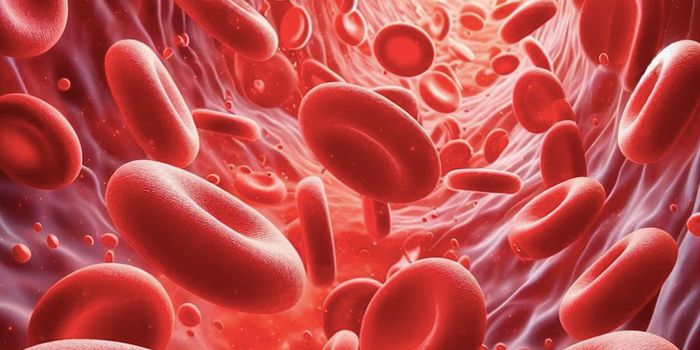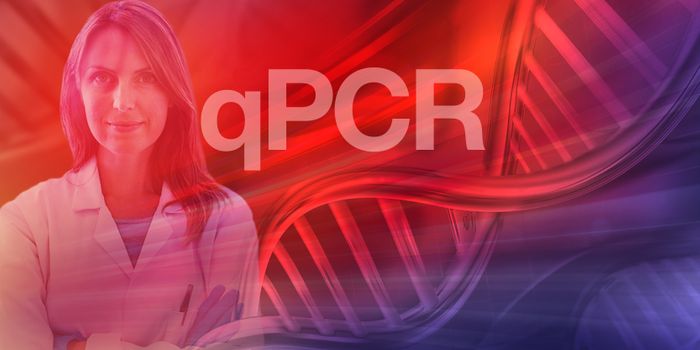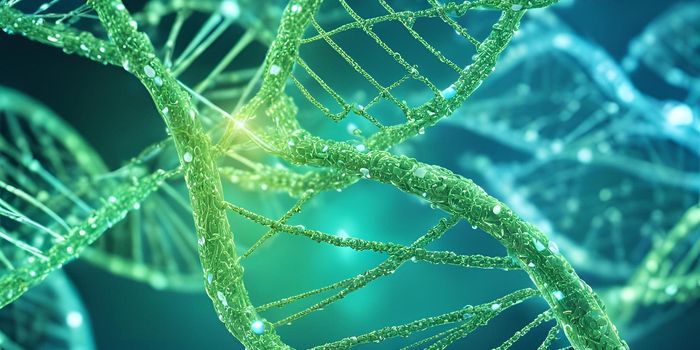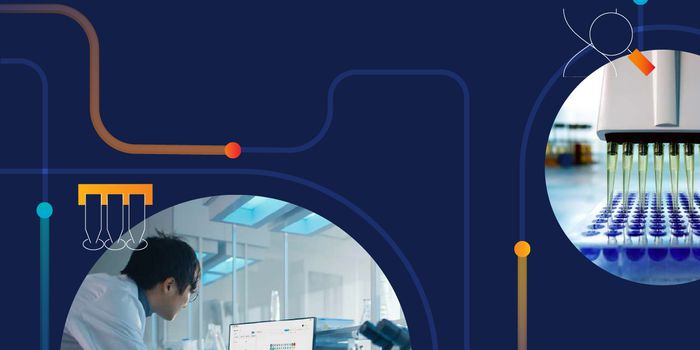Humans Are Continuing to Evolve, Along With Immune-Related Diseases
Our immune system is essential for us to fight off pathogens, but the immune response can become dysregulated, and cause health problems. Some genetic mutations can help people fight off infections, but those same beneficial mutations may also make people more likely to have autoimmune disorders. Researchers have learned that the ancestry of Africans or Eurasians can influence the likelihood that people will develop diseases that involve the immune system. Our immune systems also appear to still be evolving in response to lifestyle and environment. The findings have been reported in Trends in Immunology.
"In the past, people's lifespans were much shorter, so some of these inflammatory and autoimmune diseases that can appear in the second half of life were not so relevant," noted the first author of the study, Jorge Dominguez-Andres, a postdoctoral researcher at Radboud Institute for Molecular Life Science in the Netherlands. "Now that we live so much longer, we can see the consequences of infections that happened to our ancestors."
In this study, the researchers analyzed genetic alterations in people from different places where viral or bacterial diseases are common, and cause immune responses, which lead to inflammation. Sometimes those genetic changes make it harder for some pathogens to invade those communities. They can also be linked to the gradual emergence of inflammatory diseases like Lupus, Crohn's disease, or inflammatory bowel disease.
"There seems to be a balance. Humans evolve to build defenses against diseases, but we are not able to stop disease from happening, so the benefit we obtain on one hand also makes us more sensitive to new diseases on the other hand," explained Dominguez-Andres. "Today, we are suffering or benefiting from defenses built into our DNA by our ancestors' immune systems fighting off infections or growing accustomed to new lifestyles."
The parasite that causes malaria, Plasmodium sp., has been infecting people in Africa for millions of years, for example. Evolution has had a hand in selecting people, over time, that are resistant to these infections, in whom more inflammation may be occurring. This has gradually led to a higher incidence of cardiovascular diseases like atherosclerosis in these populations.
Dominguez-Andres and the senior study author, Radboud University immunologist and evolutionary biologist Mihai Netea also noted that the ancestors of Eurasian populations bred with Neanderthals. People that still carry remnants of Neanderthal DNA can be less likely to get Staph infections or HIV-1. But those people are also more likely to have allergies and asthma. The changes in the immune system can have benefits and risks.
"We know a few things about what is happening at the genetic level in our ancestry, but we need more powerful technology. So, next-generation sequencing is bursting now and allowing us to study the interplay between DNA and host responses at much deeper levels," added Dominguez-Andres. "So, we are obtaining a much more comprehensive point of view."
Our immune systems are continuing to evolve. For example, hunter-gatherers may have higher levels of diversity in their gut microbiome compared to urbanized populations. Improvements in hygiene and sanitation have also reduced the number of infectious pathogens people might be exposed to, but there also seems to have been an increase in certain diseases like type 2 diabetes in areas that have undergone those shifts (which is discussed in the following video).
The scientists want to expand their research to look at other groups of people. "So far, all of the studies we went through are focused on populations with European and African descent, but they must also be extended to indigenous and other populations to improve the representation of human genetic diversity," said Dominguez-Andres. "Lifestyles and ecologic natures can really differ and influence immune responses. So, more work needs to be done."
Sources: AAAS/Eurekalert! via Cell Press, Trends in Immunology









